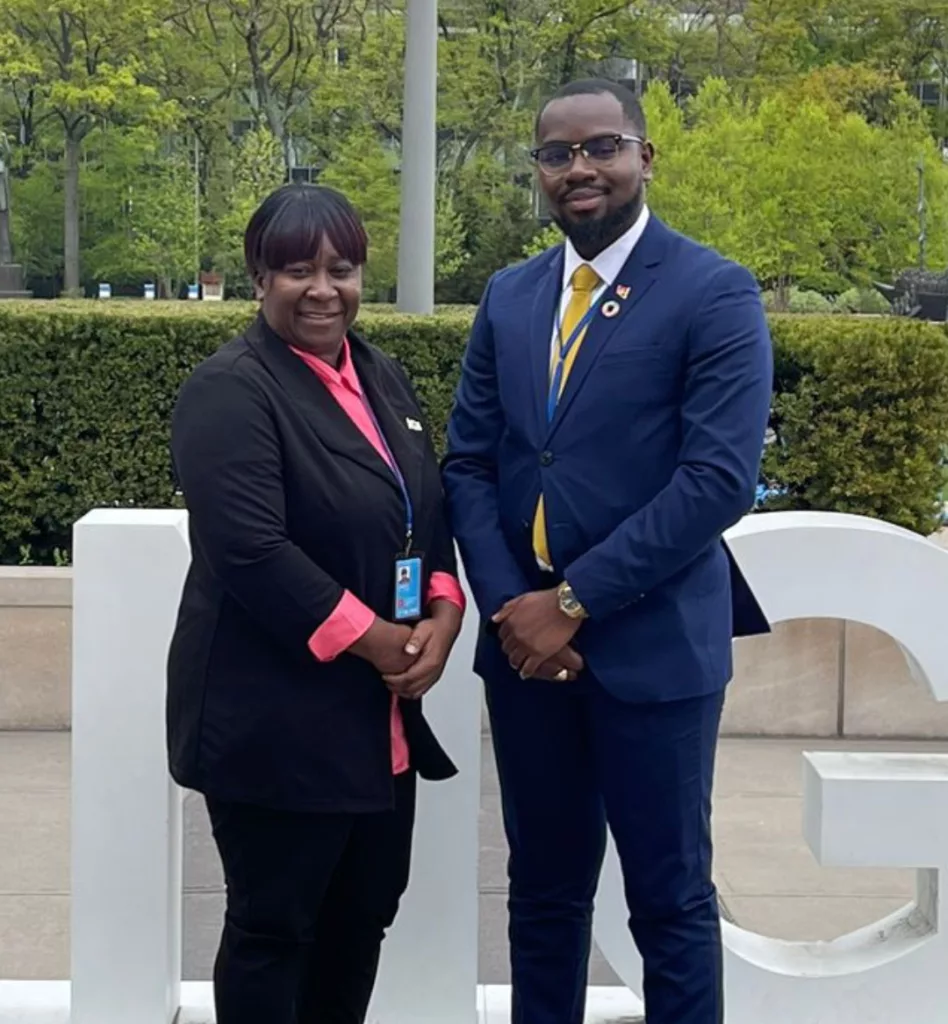Whether or not we are conscious of it, tokenism is rife. A quick Google search reveals multiple examples of the hypocrisy and prejudice that undermine genuine diversity efforts: having youth present but with no clear role; assigning to youth tasks that adults do not want to do; having youth make appearances and doing work without previous training; using a quota system for diversity hires; singling out a marginalised individual as a representative of his/her entire group; as well as company marketing and branding that also epitomise tokenism.
Based on the examples above, it is evident that various environments—media, religious, political, and educational—are susceptible to tokenism, which involves making appearances or doing things “for show”.
According to a MasterClass article, tokenism’s prominence emerged during the 1950s when civil rights leaders Dr Martin Luther King Jr and Malcolm X denounced the practice in their speeches. They argued that tokenism “strives for only a minimal acceptance of marginalised groups within mainstream society, especially the experiences of Black people within a white majority group”.
The issue of tokenism was recently highlighted at the United Nations headquarters in New York where scores of young people assembled to participate in the 2023 Economic and Social Council (ECOSOC) Youth Forum.
The April 25-27 event was held under the theme “Accelerating the Covid-19 recovery and full implementation of the 2030 agenda with and for youth”.

Director of Youth Affairs Dr Jrucilla Samuel and Senator Caleb Gardiner represented Antigua and Barbuda at the forum, which included a high-level breakfast meeting that magnified the UN campaign Be Seen Be Heard.
“We love it when young people air their views and discuss issues that affect them, and the youth forum was an opportunity to do just that,” said Dr Samuel.
“While we welcome that positive spotlight, the reality is that some of our youth are included in different events only to make organisations look good. Inclusion should not be based on appearances, but on authentic empowerment.
“That means our motives matter. So, is it because the Commonwealth has declared 2023 the Year of Youth, why you are considering young people? Is it because it sounds great to have a youth component in your activity? Or do you really love young people and want to assist with their development?
“The reality is that youth love to be seen and to be heard, but they should not be used to make individuals and organisations look good,” the director added.
In its Be Seen Be Heard Global Youth Report, the United Nations stated that half of the people on our planet are 30 years or younger, and this is expected to reach 57 percent by the end of 2030.
Despite this significant number, the UN declared that young people are often excluded from making “important decisions about the future of our communities, countries and our planet…They have limited voice, little power and minimal stake in shaping the world”.
Senator Gardiner welcomed the ECOSOC Forum and described it as “a critical platform for youth to share their ideas at the global level. It allows representatives of youth-led and youth-focused organisations and networks, youth advocates and other youth stakeholders to dialogue with member states, and to explore ways and means of promoting youth development and engagement. This year we are keen on breaking barriers, bringing solutions and being engaged,” said Gardiner.
And one way to propel youth engagement and empowerment is through meaningful political participation.
The Antigua and Barbuda National Youth Policy stated that this type of participation necessitates mutual respect and critical listening from all politicians. Youth leaders must neither be perceived as ignorant to the world of politics nor threats to establishments.
An inclusive environment that values the contributions of youth must be created, and their input can be even more impactful when there is adequate representation of gender diversity and a concerted effort to eliminate biases.
Tokenism can cause burnout, isolation, anxiety, depression, and other mental health issues. Although being a token brings visibility, it may lead to increased pressure on the individual to perform.
Psychologist Jo Eckler stated that a feeling of invisibility arises “especially if your achievements go unacknowledged or your contributions are ignored”.
Although it is easy to unintentionally tokenise young people, the Centre for Social Innovation provided some excellent tips to empower youth as decision makers: “Expand roles beyond representatives. Young people can do more than ‘have a seat at the table’. Further their voice and impact by engaging youth in planning, implementing, and evaluating your organisation’s work.”
We must also avoid extremely narrow roles and “trust youth to rise to high expectations rather than underestimating their potential”.

